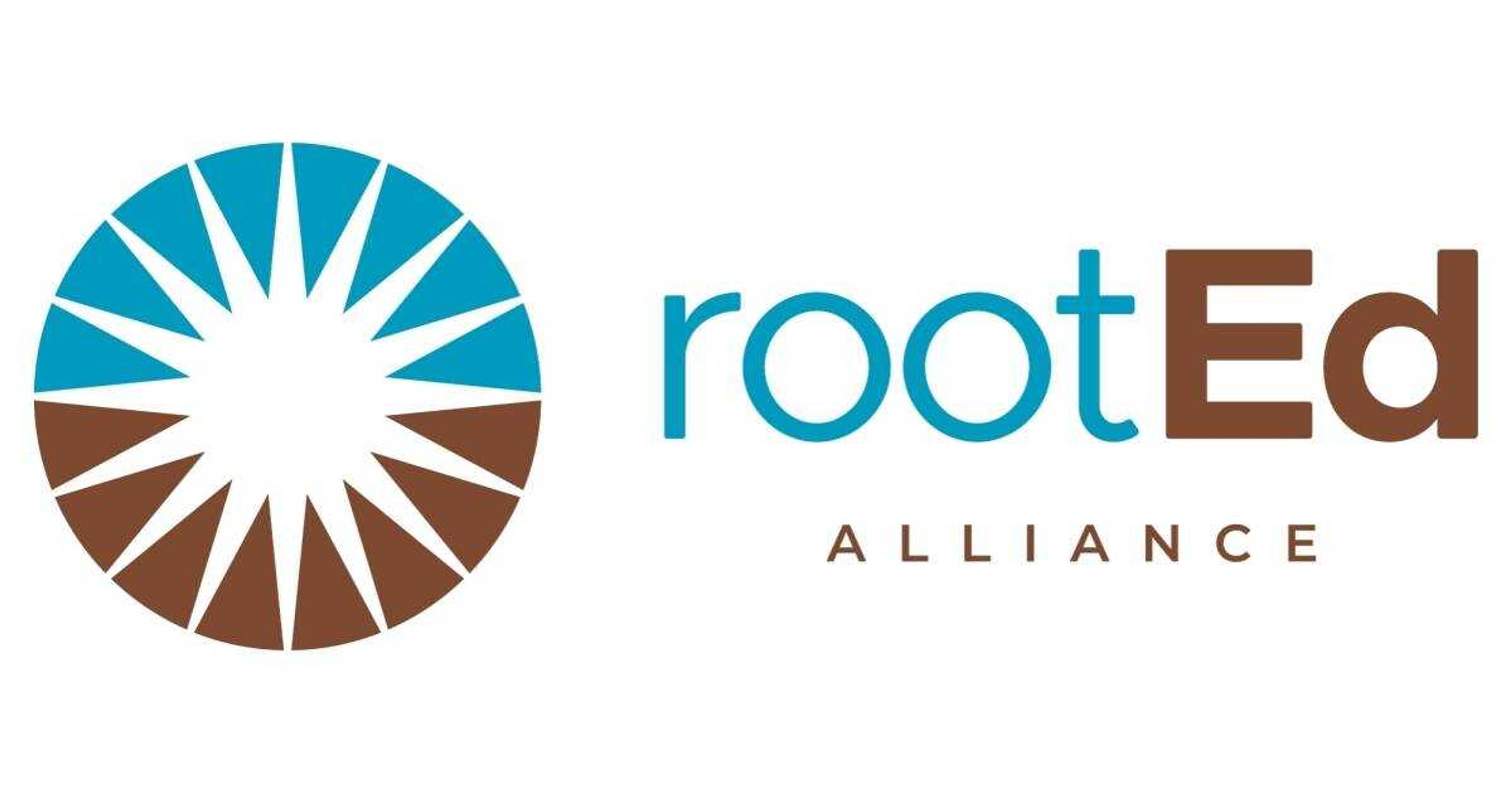Program aims to jumpstart student opportunities
A new program designed to help rural high school students gain better access to post-secondary educational and career opportunities could have a positive impact on students at Cape Central High School. Cape Central is among nine high schools -- six in Missouri and three in Tennessee -- participating in rootEd Alliance, a three-year, $10 million project designed to provide students with advice, access and exposure to college and career opportunities...
A new program designed to help rural high school students gain better access to post-secondary educational and career opportunities could have a positive impact on students at Cape Central High School.
Cape Central is among nine high schools -- six in Missouri and three in Tennessee -- participating in rootEd Alliance, a three-year, $10 million project designed to provide students with advice, access and exposure to college and career opportunities.
The program is the brainchild of Byron D. Trott, a Chicago-based investment banker, entrepreneur and philanthropist who grew up in rural Missouri about an hour west of St. Louis. He graduated from Union High School in 1977 and was the first in his family to graduate from college, earning undergraduate and MBA degrees from the University of Chicago.

Trott spent 27 years with Goldman Sachs in Chicago, eventually becoming vice chairman of investment banking. He left Goldman Sachs 10 years ago and started BDT Capital Partners and its affiliated BDT & Co. through which rootEd Alliance was launched in 2018.
"He really credits education as being the transformative power in his life," said Noa Meyer, a managing director at BDT & Co. who oversees the rootEd Alliance program. "But he has seen how much harder it is today for kids, communities, parents and schools to provide resources and access to higher education. He didn't want the opportunity that he had to be lost on kids like him who are coming of age now."
The rootEd Alliance, she said is "an alliance of funders and organizations that are focused on how we can clear a path for stronger futures for kids from rural communities and small towns in Missouri."
To accomplish its mission, rootEd Alliance focuses on increasing advising opportunities at high schools and community colleges, providing students with information about what "life after high school" can look like and offering financial support for students pursuing four-year college degrees.
Meyer said by 2020, two-thirds of all jobs in America will require education and training beyond high school, but only about 26% of students graduating from the nation's rural high schools go on to earn a two- or four-year degree.
Part of the problem, she said, is many school districts, especially those in rural communities, don't have the resources to help college-qualified students, and school counselors often find themselves acting as "social workers" instead of collegiate and career advisers.
Meyer, who is based in New York, was in Southeast Missouri this week to meet with school administrators in Cape Girardeau, Sikeston and Poplar Bluff.
Cape Central High School and Poplar Bluff High School have been working with the rootEd Alliance program for about a year.
"We're excited to start this school year and see where it leads us," said Cape Central principal Nancy Scheller. She noted rootEd is working in conjunction with the Missouri College Advising Corps to provide additional career and educational advising to students in her school.
"The goal is for them to have contact with our seniors two to three times prior to the end of the first semester, then work on helping them fill out their FAFSA (Free Application for Federal Student Aid) and college transcript forms, which our regular counselors help with along with our teachers who are in our college and career readiness program," Scheller said.
According to data from the Missouri Department of Elementary and Secondary Education, 64.6% of the state's high school graduates in 2018 enrolled in either a four-year university or a two-year community college.
At Cape Central High School, the 2018 percentage was 58.4.
Twenty-nine percent of Cape Central's 2018 graduates went directly into the workforce instead of pursuing additional education compared to the statewide average of 23.3%.
State and local data about post-graduation education and career choices for the class of 2019 won't be available until early next year, but Scheller said she believes the percentage of Cape Central graduates who went on to enroll in a two-year or four-year college will increase compared to the 2018 data.
In addition to Cape Girardeau and Poplar Bluff, other rural Missouri high schools participating in the rootEd program during the 2018-19 school year were in Lebanon, Marshfield, Warrenton and Union. In addition to the high schools, rootEd Alliance is also working with Three Rivers College and Ozarks Technical Community College.
At Union High School, Trott's alma mater, school administrators say the program has helped increase the percentage of students moving on to enroll in a four-year university or community college from about 60% in 2018 to nearly 90% this year.
Beyond collegiate and career advising, the rootEd Alliance program provides financial support through a scholarship program available to qualified students graduating from rural high schools to help them pursue a four-year college degree.
Several rootEd scholarship recipients and their parents attended a two-day "college life" orientation program earlier this week at Southeast Missouri State University. The scholarship recipients either graduated this year from rural Missouri high schools or are transferring from a community college to pursue a four-year degree at schools including Southeast, the University of Missouri-Columbia, Missouri State University and Drury University in Springfield, Southern Illinois University-Carbondale and the University of Colorado.
Meyer said the renewable scholarships provide up to $10,000 support annually to the recipients, three of whom graduated from Cape Central High School, in order to help "fill the financial aid gap" between their available funds and educational expenses.
"That gap could have been the make-or-break difference for them," she said. "These are kids who are academically driven and ambitious and have the ability to succeed at a four-year institution."
Funded by the rootEd Alliance and its financial supporters, the scholarships are being administered through the Scholarship Foundation of St. Louis which, until now, has focused its scholarship programs on the immediate St. Louis area.
"The Scholarship Foundation has done such great work for the past 100 years in the St. Louis area, and they've agreed to expand their footprint a bit to work with our program and scholarship recipients," Meyer said.
Although the rootEd Alliance is designed to be a three-year program, Meyer said she believes the program's outcomes will demonstrate the need for similar efforts on an ongoing basis.
"Our goal is to engage in meaningful conversations with the communities in which we're operating to see how successful we can be during the three-year period," she said. "In some cases, we've already had discussions with communities that have agreed that if it's successful they will put resources toward continuing this effort because it will have proven its value and they'll know it's a good investment of their scarce resources."
Story edited 7-25-19 08:21 to update that Trott worked in Chicago and was vice chairman.
Do you crave business news? Check out B Magazine, and the B Magazine email newsletter. Check it out at semissourian.com/newsletters to find out more.
Connect with the Southeast Missourian Newsroom:
For corrections to this story or other insights for the editor, click here. To submit a letter to the editor, click here. To learn about the Southeast Missourian’s AI Policy, click here.










